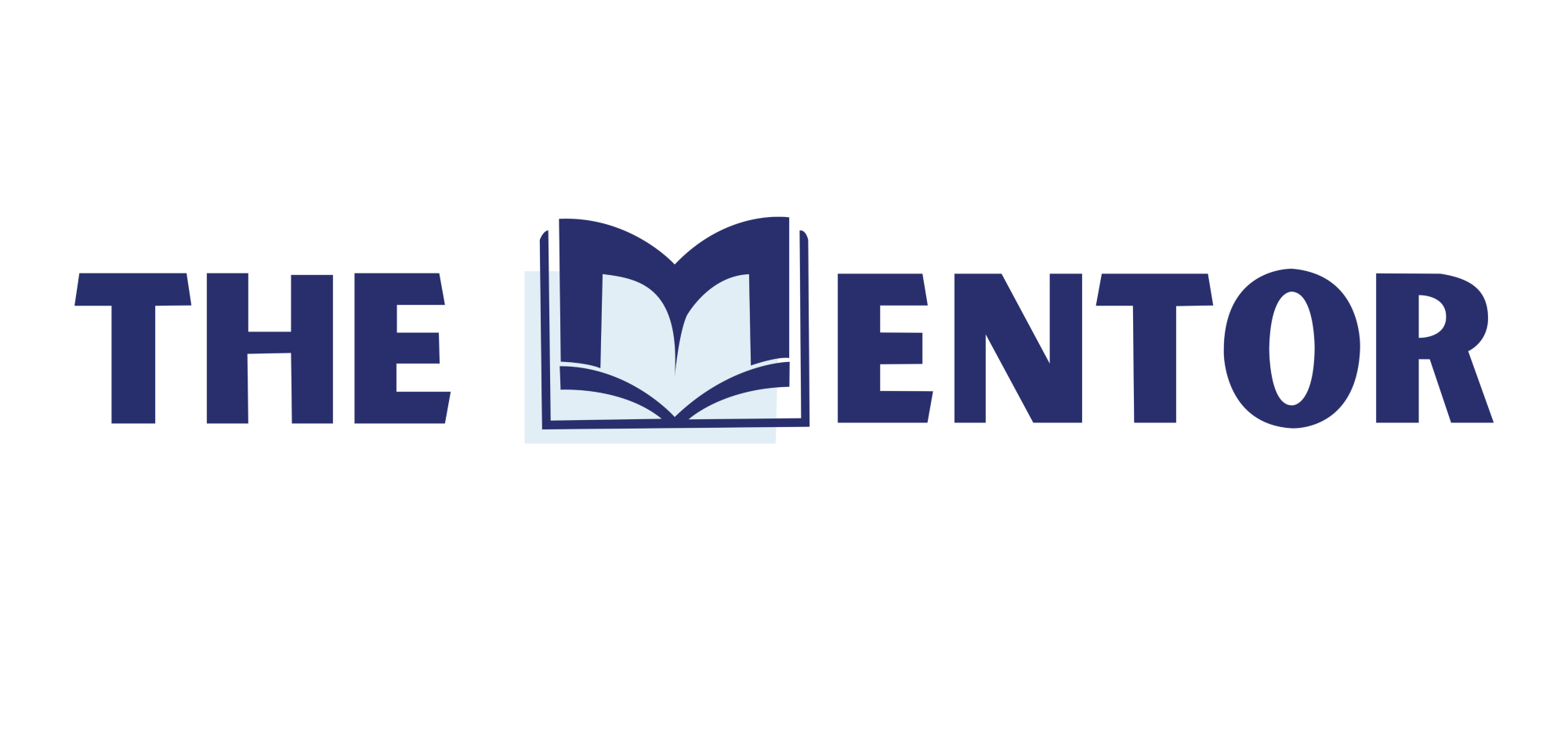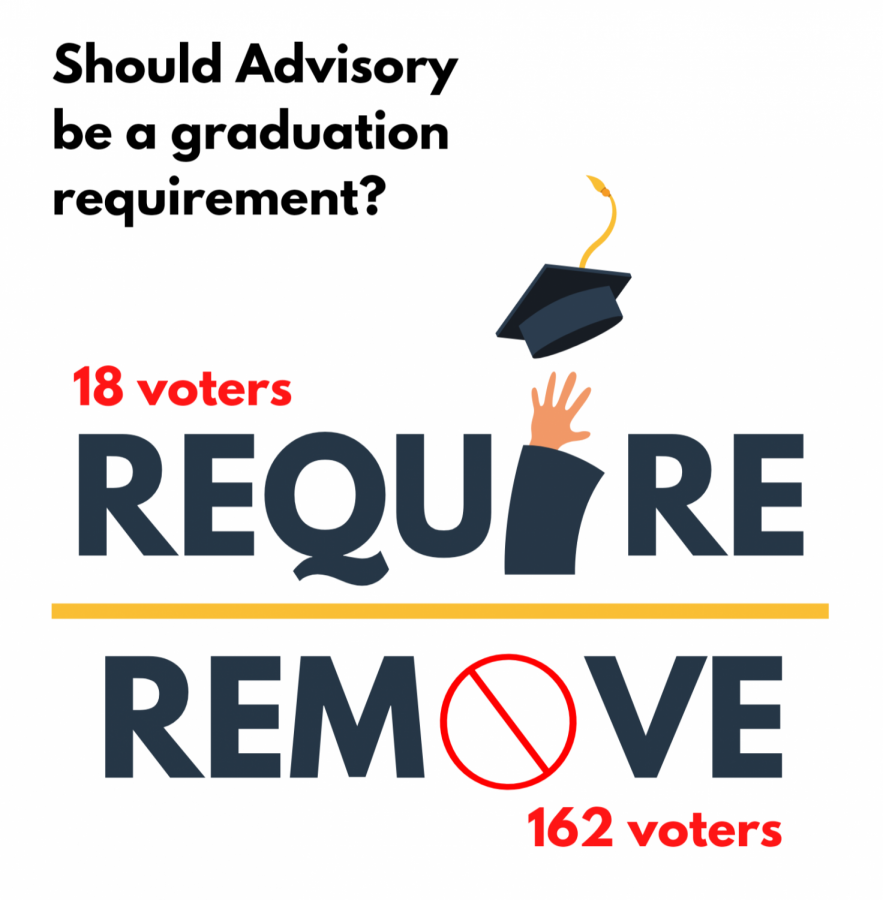Making Advisory required is counterproductive
Manhattan has reintroduced the Advisory pilot program – a program to grade students for their advisory work – after cutting it amidst COVID-19 this year, a move which has proved unpopular with some students and faculty.
This year’s junior and senior students will not be affected if they fail the program, and it won’t prevent them from graduating. However, if the program is introduced fully after the pilot stage, this can’t be said for the underclassmen. It is unknown what the future plan for Advisory is going to be and if it will become a graduation requirement for the future high school students.
The Mentor Editorial board agrees that making Advisory a graduation requirement is counterproductive and won’t encourage the students to learn and complete the lessons that have been provided.
Advisory is a pass/fail class, which means it is not done by a letter grade, and as long as you have above 60 percent, students pass the class. If a student fails the class, it won’t keep them from graduating as it is just a pilot. There has also been a switch to the website Xello from Naviance.
Part of the pilot that was also reintroduced were the attendance and participation points. For attendance, if students are absent, regardless if it is excused or not, they will not receive the points. There are still the participation points that can be made up. However, the attendance can not be made up.
This is one of the more pressing issues with the pilot itself. When students need to schedule an appointment, missing a class such as Advisory would be the best situation so as they don’t miss out on any of the lessons of their core classes and electives. Having an attendance grade for only this class appears to not be the most beneficial for the students. While it does take approximately 14 absences total for the entire year to fail the class, that leaves out the fact that students have different needs and may have frequent appointments that need to be made, such as doctor appointments or therapy appointments. Students who are also in sports may have to leave before Advisory for travelling games, which also results in them not getting their attendance points. We don’t count off excused absences in other classes, so it seems illogical to bring a student’s grades down if they have valid reasons for being gone in this one.
Underclassmen and incoming freshmen will have one more required class that may or may not be useful to them all the while planning everything for the next four years. Freshmen may fail the class without meaning to due to the fact that Advisory is far different from that of homeroom in middle school. Their senior year, it could come back to bite them if they have gotten themselves back together and have met every requirement they need, except for Advisory.
While the requirement could reinforce the values of the activities done in the class such as career exploration and finding their future paths, there are varying opinions about how productive that is in that particular class. The lessons used in Xello are career exploration based, preparing students for future classes they should take along with careers they should consider based on particular qualities about themselves.
The accuracy of those quizzes is also called into question, such as the learning styles, which was debunked long ago. Students can’t learn to weld through auditory learning, they have to be shown. Making Advisory a requirement isn’t a substitute for high-quality advising, which is what the program aims to do.
Providing the proper resources and lessons for students without making it a requirement would be far more productive for the students and would meet the end hoped for those students who the entire idea of Advisory was created for.








